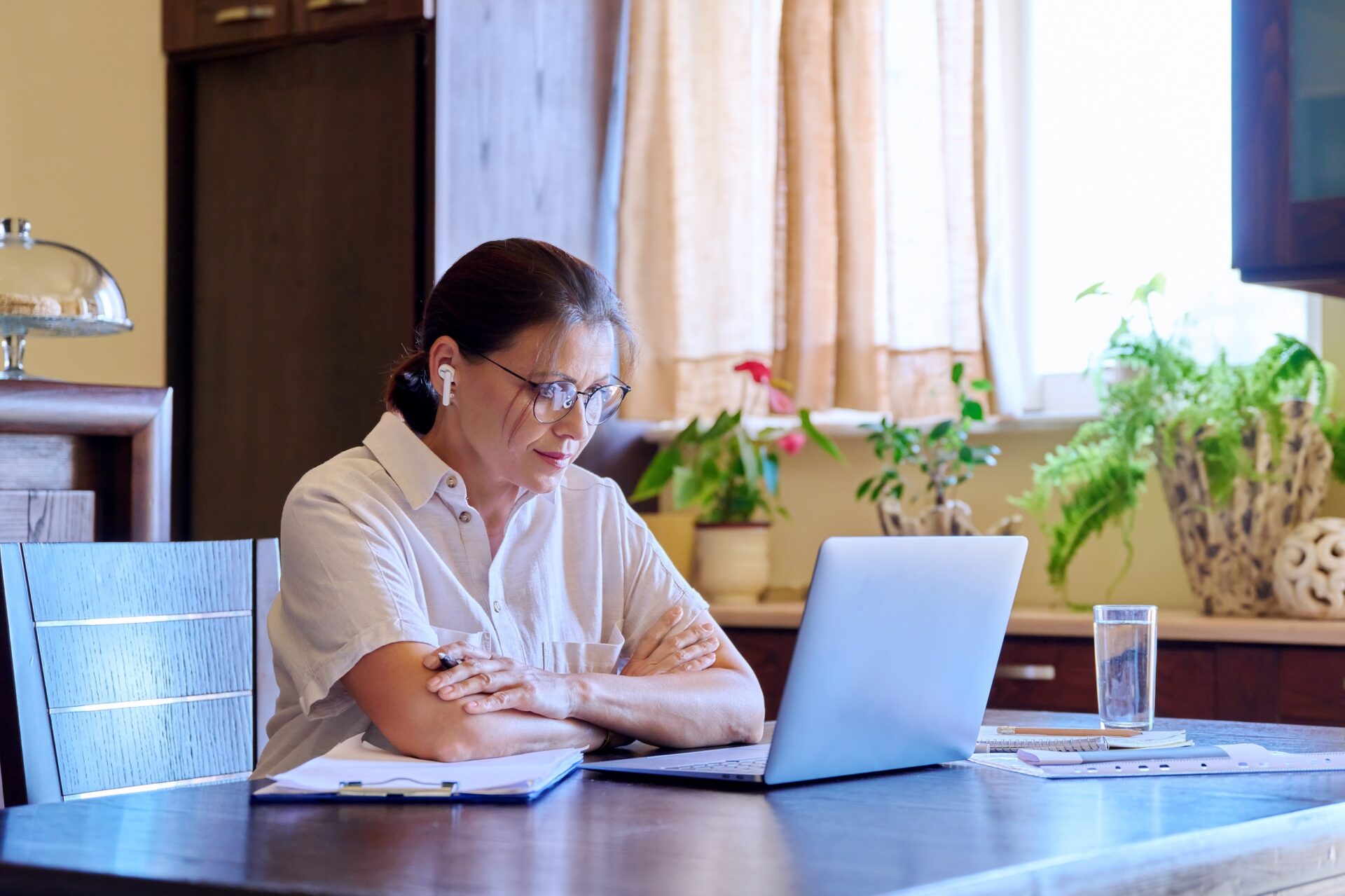
What should I expect in a remote Family Court hearing?

Since the coronavirus pandemic, the Family Court in England and Wales has adopted the use of remote court hearings. In this post, we look at how remote Family Court hearings currently operate.
Will my Family Court hearing be held remotely or in-person?
The court will consider each individual case and assess if it is appropriate to deal with the issues by way of remote means. The most straightforward directions or case management hearings are likely to be heard remotely.
However, there may be certain circumstances where an in-person court-based hearing is necessary to ensure fairness and in the interests of justice. If matters are listed for a final hearing it is likely that this will take place in person.
What technology may be used in a remote hearing?
Remote Family Court hearings can be conducted using a variety of communication methods, and the tools that are used will depend on the requirements of the hearing. The following methods may be used:
- Telephone conferencing technology. If your case is listed for a telephone hearing you will be required to provide the court with your preferred contact telephone number no later than two days before the listed court hearing. The court will then call you at the listed start time of the hearing.
- Video-link systems such as Microsoft Teams. If your case is listed for a video hearing you will be required to provide the court with your preferred email address no later than two days before the listed court hearing. The court will then send you, via email, a link to join a remote court hearing. You will need access to a device that has a camera and microphone (such as a laptop or a smart phone). It is recommended that, in advance of any video hearing, you should download Microsoft Teams to the device that you will be using to conduct the hearing. At the start of the hearing, you should access the hearing by clicking the link emailed to you by the court
- Having access to your emails during a remote hearing is also recommended. This will enable you to contact your legal advisor if you have any questions, queries, or concerns. It will also facilitate written communication with the court if required.
How are remote hearings different to in-person hearings?
Other than being virtual, remote hearings are no different to attended hearings, and so the same rules governing court etiquette should be complied with.
You should not eat, smoke or drink anything other than water during the hearing. It is recommended that you dress appropriately for your video hearing. You are required to follow court instructions. It is recommended that you mute your microphone during the hearing, unless you are speaking, to ensure that any background noise is blocked out.
Are remote hearings confidential?
Remote hearings must be confidential, and all parties to the hearings must ensure that when they attend remote hearings, no-one else is present with them. Under the Coronavirus Act 2020, it is an offence to make an unauthorised recording of a remote Family Court hearing.
Magistrates and judges must ensure that only those who would normally be permitted to be in the courtroom have access to the remote hearing and that all parties understand these rules.
At Harrison Drury solicitors we have state-of-the-art video conferencing technology. In instances when matters have been listed for remote court hearings, we recommend to our clients that they attend our offices for the purpose of their hearing.
This reduces the stress and anxiety often associated with remote court hearings, as our solicitors can ensure the appropriate technology is available to facilitate the hearing.
